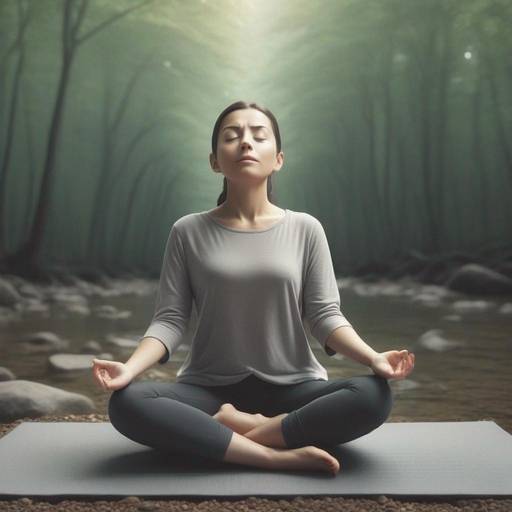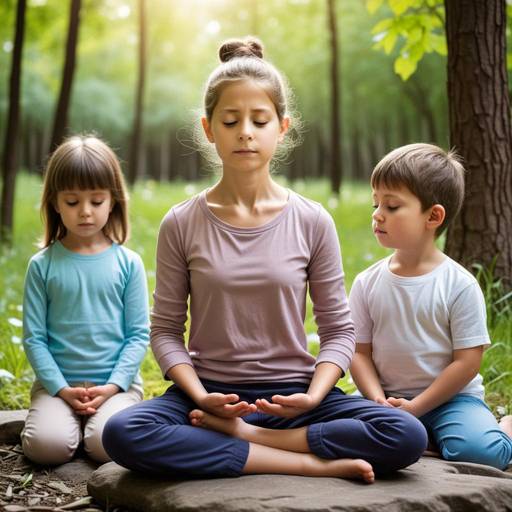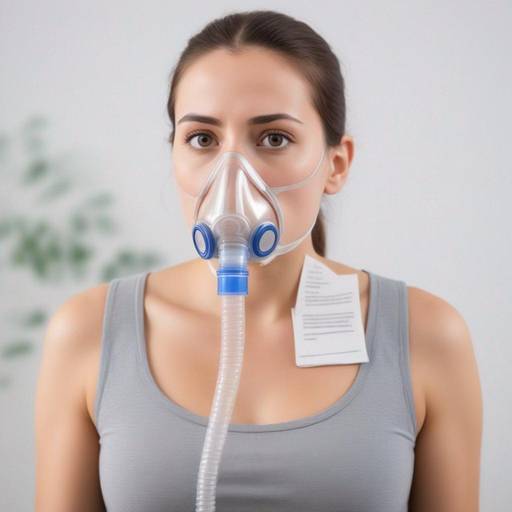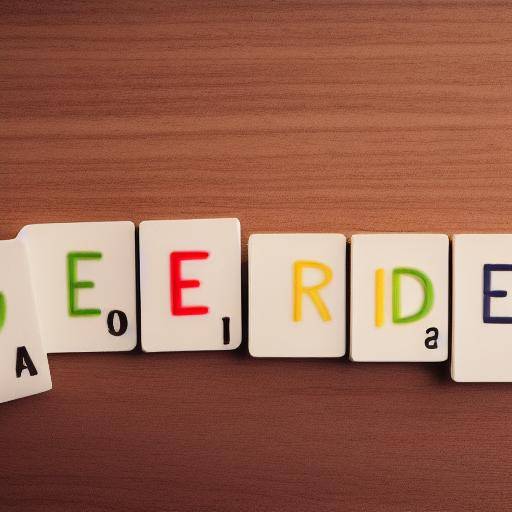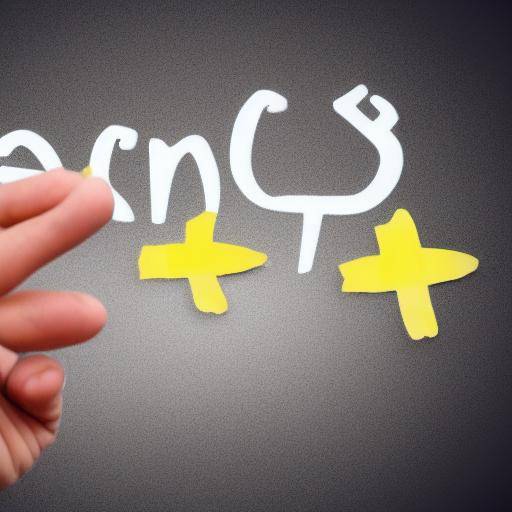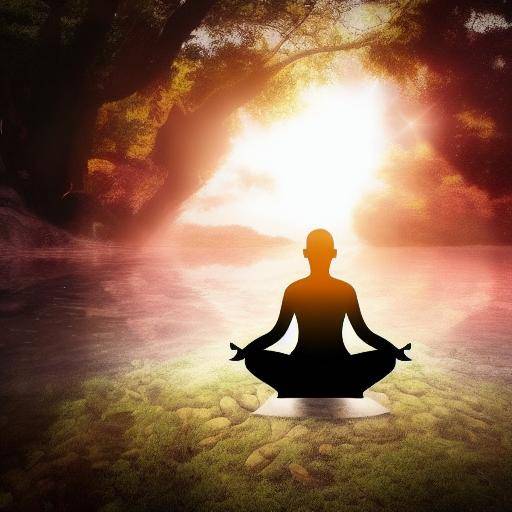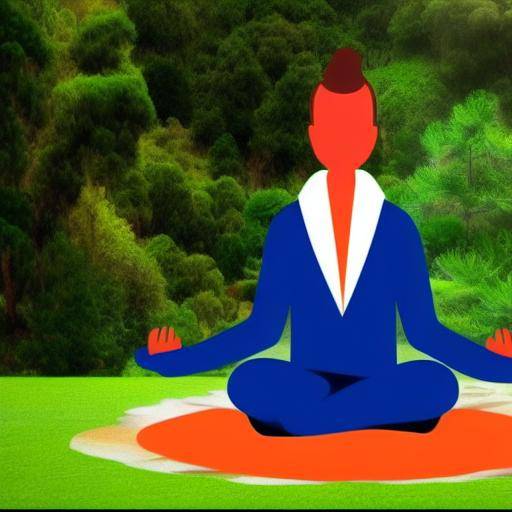
Modern life is full of challenges that can generate stress and anxiety. Meditation has proven to be an effective tool to calm the mind, reduce anxiety and promote mental well-being. In this article we will explore in detail how meditation and relaxation techniques can be used to counter anxiety, providing informed information, practical advice and expert perspectives in the field.
Introduction: A road to tranquility
We live in an accelerated world, where daily demands can lead us to experience levels of anxiety that affect our quality of life. Meditation has emerged as a valuable resource, offering a space of calm and reflection that contradicts the negative impact of stress and anxiety on our lives. In this article, we will guide you through the foundations of meditation and relaxation techniques, giving you the necessary tools to cultivate a more balanced and serene state of mind.
History and background of meditation
The practice of meditation has profound historical roots that go back to different cultures and traditions. From the ancient teachings of Buddhism and Hinduism, to its inclusion in contemplative practices throughout the world, meditation has been adopted and adapted throughout the centuries. Their evolution and expansion provide us with a rich tape of techniques and approaches that have been used to promote inner peace and mental clarity in countless communities.
Meditation origins
Meditation finds its roots in ancient spiritual traditions that seek to understand the nature of the mind and the universe. Buddhism, with its full care (care) practices and vipassana meditation, has been a beacon of wisdom in developing techniques to explore the mind. On the other hand, in India, yoga and its focus on meditation as a means of self-realization have been fundamental in the dissemination of these practices worldwide.
Key milestones and developments
Throughout history, meditation has found its way through a multitude of cultures and contexts, adapting to the needs and beliefs of different communities. From the establishment of Buddhist monasteries in Asia to the popularization of yoga in the West, its influence has transcended geographical and cultural boundaries. In modern times, the integration of meditation into psychotherapy and medicine has contributed to a new dimension to its practical application.
The Contemporary Impact of Meditation
In the current context, meditation has acquired unprecedented relevance, backed by a growing scientific base that supports its benefits for mental and emotional health. Their adoption in corporate environments, educational institutions and welfare programs has consolidated their status as a vital tool to counter the harmful effects of stress and anxiety in modern society.
Detailed analysis of meditation and its benefits
Meditation and its benefits have been the subject of extensive scrutiny by researchers and experts in neuroscience and psychology. The growing body of evidence supports the effectiveness of meditation to reduce anxiety and promote mental well-being.
Benefits for Mental and Emotional Health
Meditation has been associated with a series of physiological and psychological benefits that have a significant impact on reducing anxiety. These include stress regulation, improvement of emotional resilience, reduction of symptoms of depression and promotion of mental clarity. Its positive effects on mood regulation and anxiety management have been corroborated by numerous studies and testimonies of meditation practitioners.
Relaxation techniques to reduce anxiety
In addition to meditation, there are several relaxation techniques that can complement and improve the effects of meditation on reducing anxiety. An integral approach that encompasses techniques such as deep breathing, progressive muscle relaxation, yoga and creative visualization can offer a complete arsenal to counter the pernicious effects of stress on the body and mind.
Deep breath.
Deep breathing is a simple yet powerful technique that can calm the nervous system and decrease anxiety. By focusing on slow and conscious breathing, you can induce a state of relaxation that counters the response of struggle or flight associated with anxiety.
Progressive muscle relaxation
This technique involves tension and relaxation of specific muscle groups, paying attention to physical sensations and promoting deep relaxation. Regular practice of progressive muscle relaxation can relieve the accumulated tension in the body and decrease the symptoms of anxiety.
Yoga
Yoga combines body postures, conscious breathing and meditation, providing a holistic approach to reducing stress and anxiety. Yoga postures (asanas) promote flexibility, strength and balance, while full attention during practice fosters mental and emotional calm.
Creative visualization
Creative visualization involves the use of imagination to create mental images of relaxing and peaceful situations. By plunging into calm and comforting scenarios, anxiety can be countered and a state of inner calm is encouraged.
Mental well-being and the role of meditation
Mental well-being is a state of balance in which individuals can realize their potential, cope with normal life tensions, work productively and fruitfully and contribute to the community. Meditation, with its ability to reduce anxiety and promote mental clarity, plays a crucial role in promoting mental well-being in individuals of all ages and contexts.
Positive Impact on Mental Welfare
The positive impact of meditation on mental well-being has been documented in numerous studies and personal testimonies. The reduction of stress, the improvement of focus and concentration, the promotion of self-compassion and emotional regulation are just some of the benefits that support your role as a powerful tool to cultivate mental well-being.
Meditation as a preventive practice
The use of meditation as a preventive practice for mental well-being is increasingly relevant in the context of public health. The promotion of emotional resilience, the prevention of relapse in mental illness and the improvement of general psychological health are areas where meditation can have a significant impact.
Meditation and therapy
The integration of meditation into psychological therapy has proven to be effective in the treatment of anxiety disorders, depression, post-traumatic stress and other mental health problems. Its ability to promote full awareness, acceptance and change of harmful thinking patterns makes it a valuable resource for mental health professionals and their patients.
Conclusions: Open the inner calm
Meditation and relaxation techniques offer a path to inner calm and mental well-being in an increasingly accelerated and demanding world. By adopting these practices, we can counter anxiety, promote mental clarity and cultivate a sense of balance and inner peace that enriches all facets of our lives.
FAQ
1. How often should you practice meditation to reduce anxiety?
Regular practice is fundamental. Starting with 10-15 minutes a day and gradually increasing the duration of the meditation session can be beneficial.
2. Does meditation work for all in reducing anxiety?
Although meditation has benefited many people, each individual is unique. Some people may find meditation more effective than others to reduce anxiety. Experimentation with different meditation and relaxation techniques can help you find the most suitable.
3. Can children and adolescents benefit from meditation to reduce anxiety?
Yes, meditation can be beneficial for children and adolescents in managing anxiety. Early introduction of meditation practices and relaxation techniques can help cultivate stress management skills from an early age.
4. What are some recommended resources to learn meditation techniques?
There are many resources available, including guided meditation applications, books, online courses and community programs. It is advisable to try different resources to find those that best fit your needs and preferences.
5. Can meditation replace medical treatment for anxiety?
Meditation may complement medical treatment for anxiety, but it should not be considered a replacement. It is important to consult a mental health professional to receive specific guidance on anxiety management, especially in cases of diagnosed anxiety disorders.
6. What practical advice would you recommend maintaining a constant meditation practice?
Establish a regular schedule for meditation, create a quiet space free of distractions, and be patient with yourself are useful steps to maintain a constant meditation practice. Constant practice is essential for long-term benefits.
Through meditation and relaxation techniques, we can open a path to inner calm, mental serenity and emotional well-being. By embracing these practices, we can transform the way we face stress and anxiety in our lives, promoting a state of balance and inner peace that enriches all aspects of our existence.












